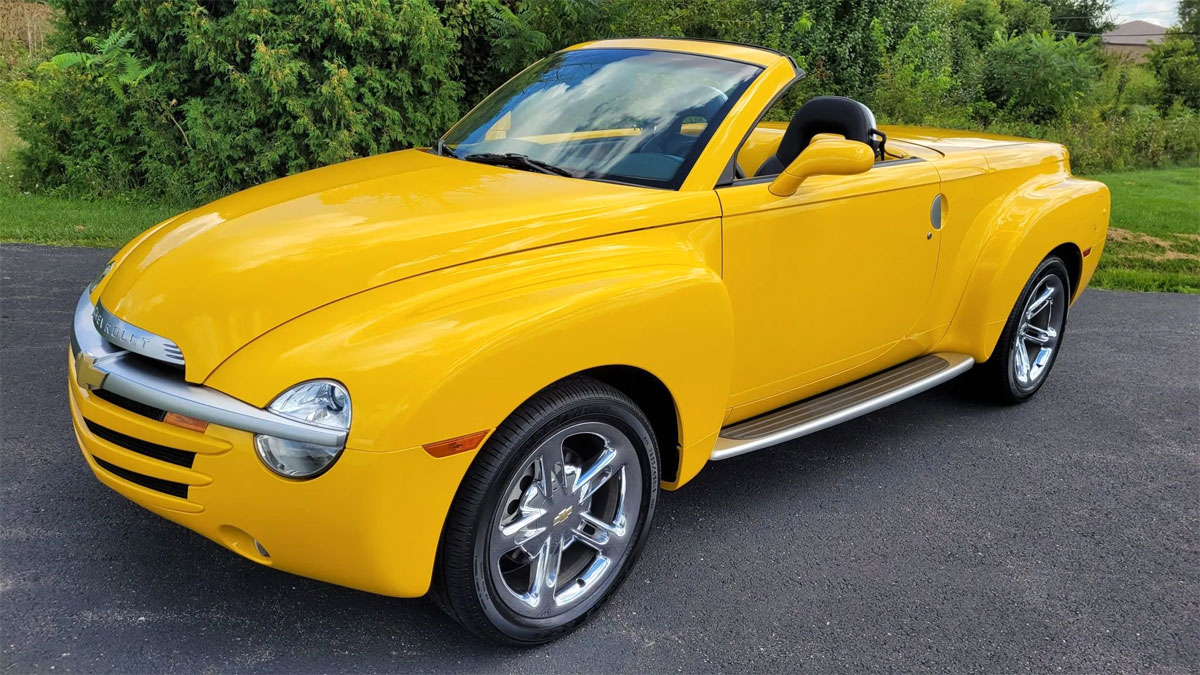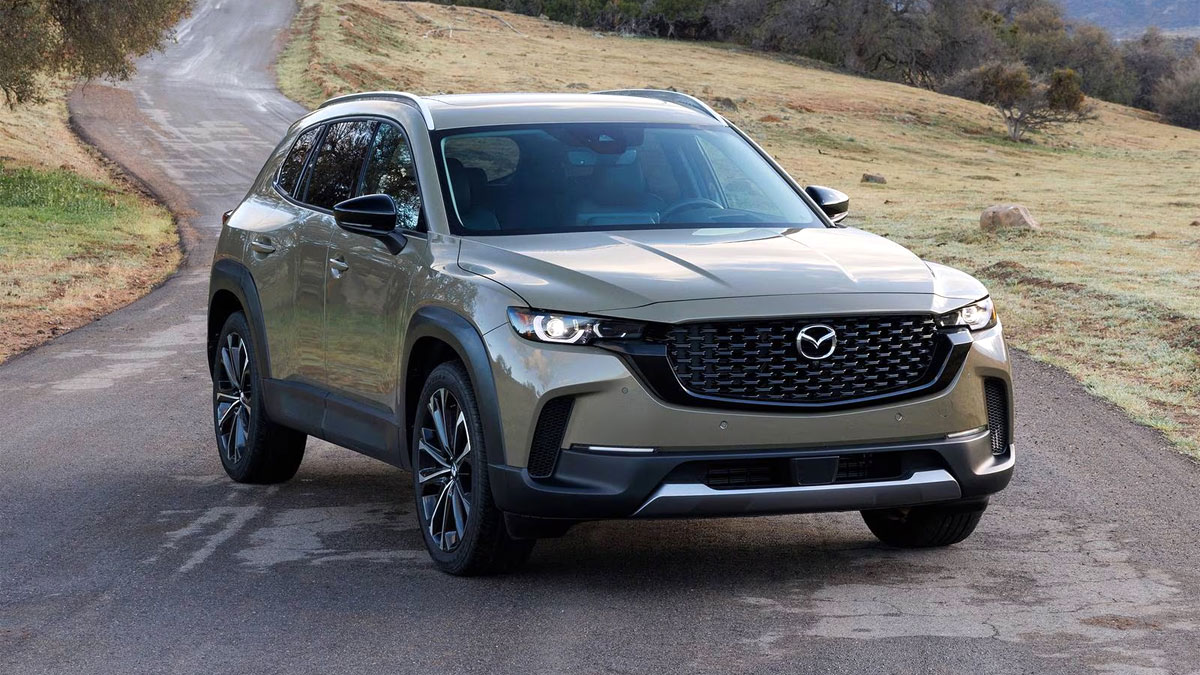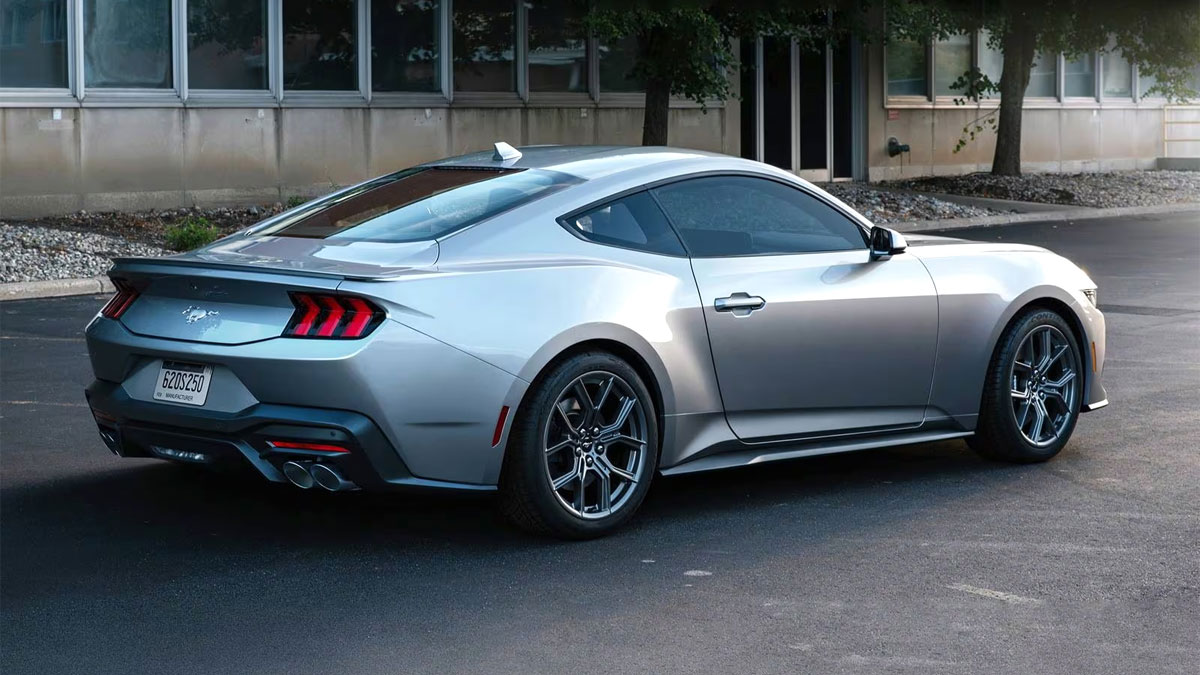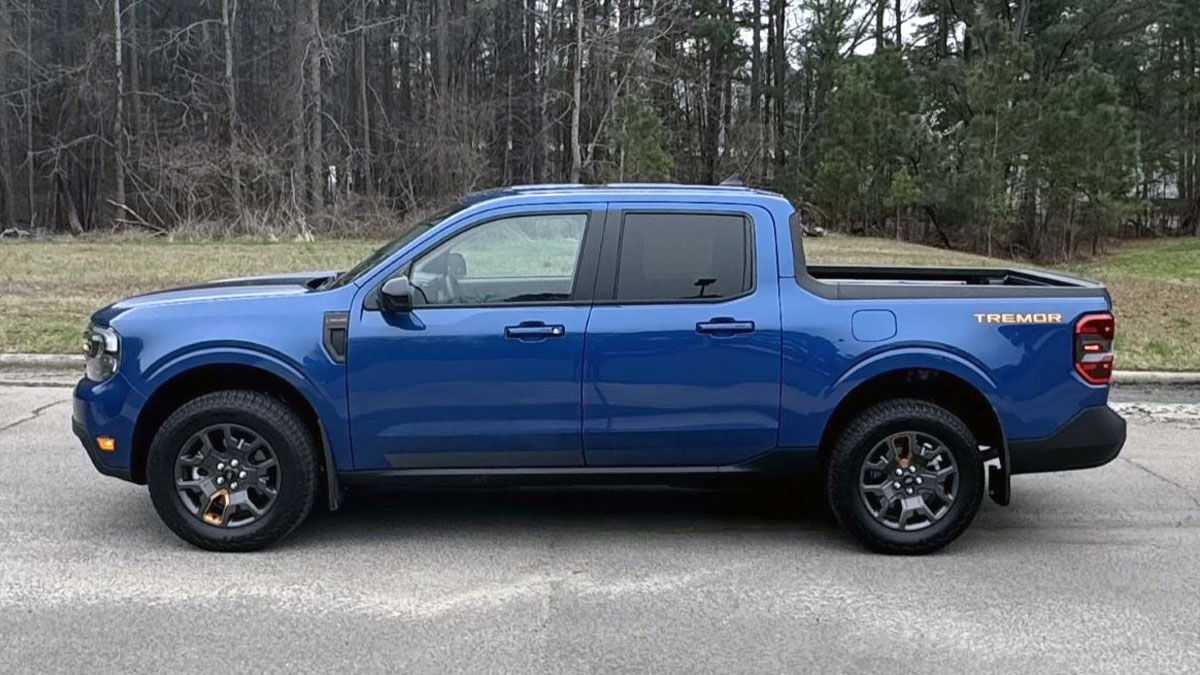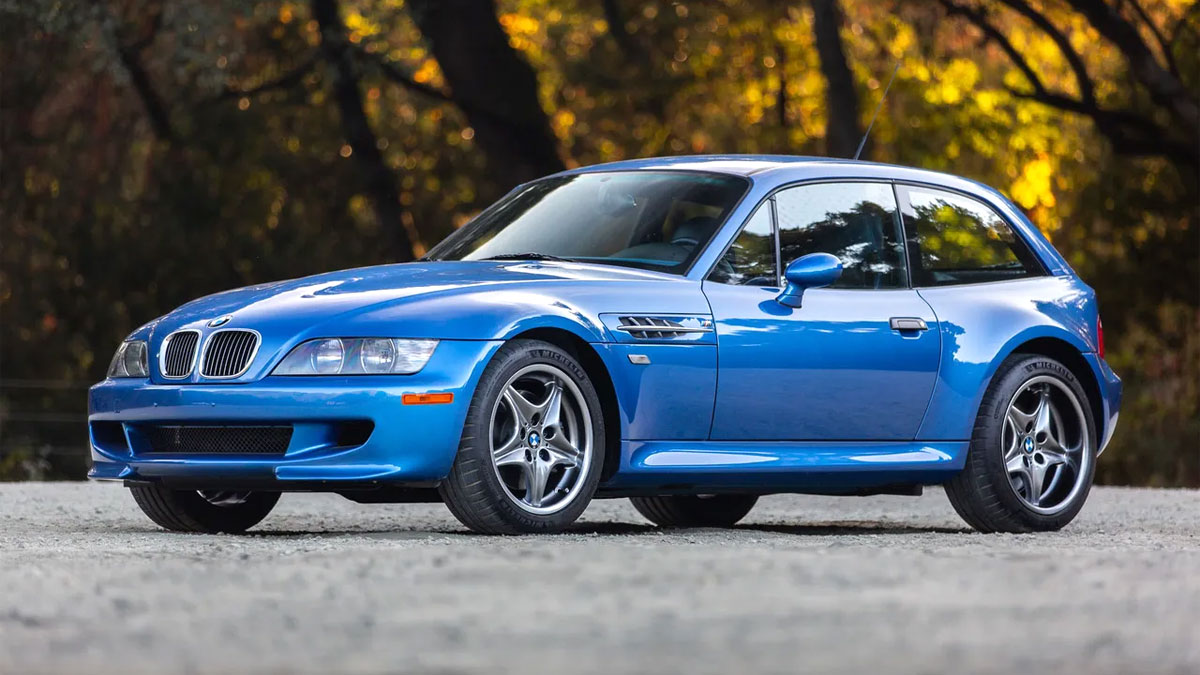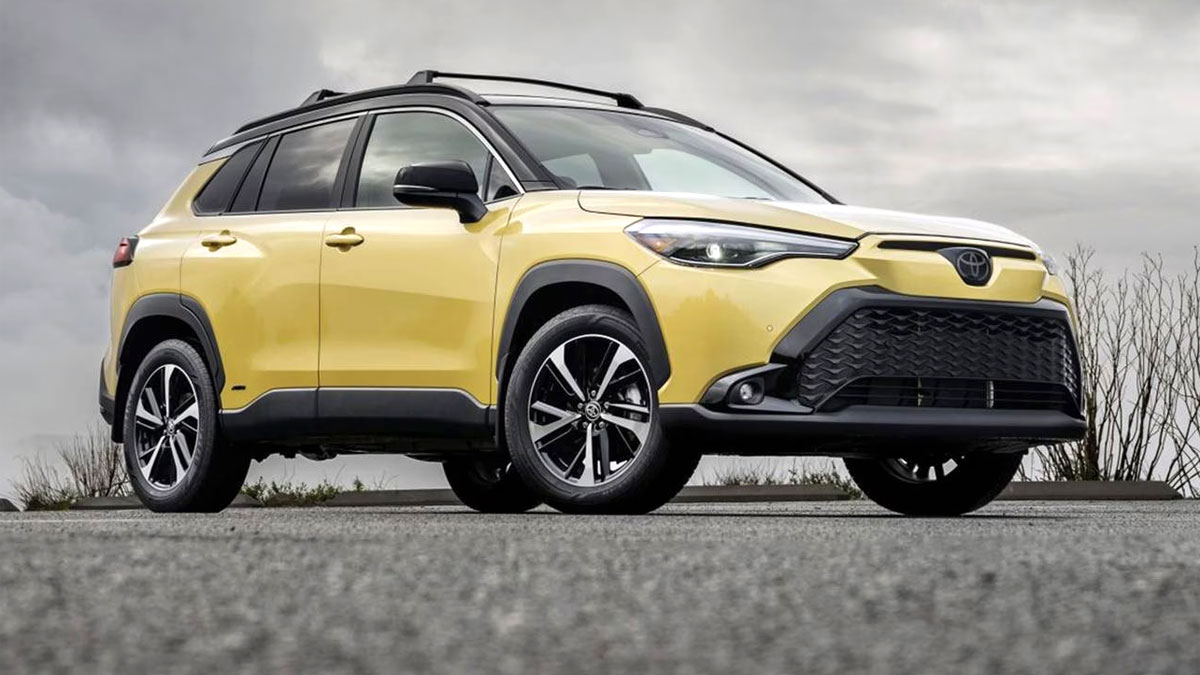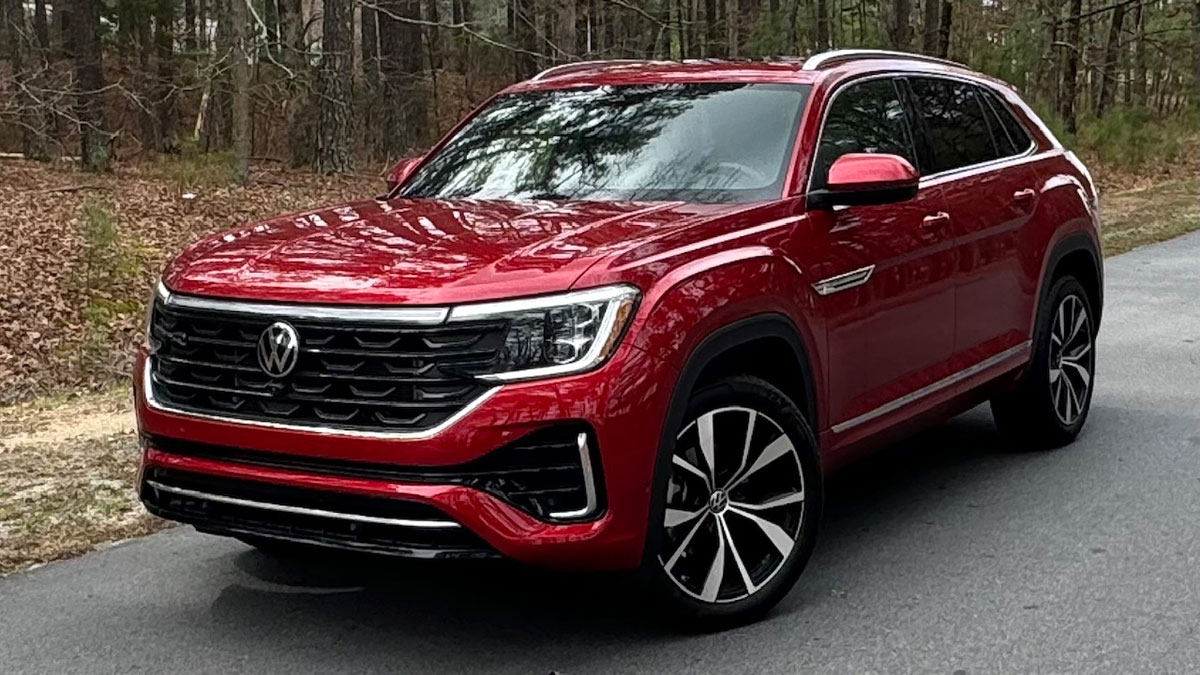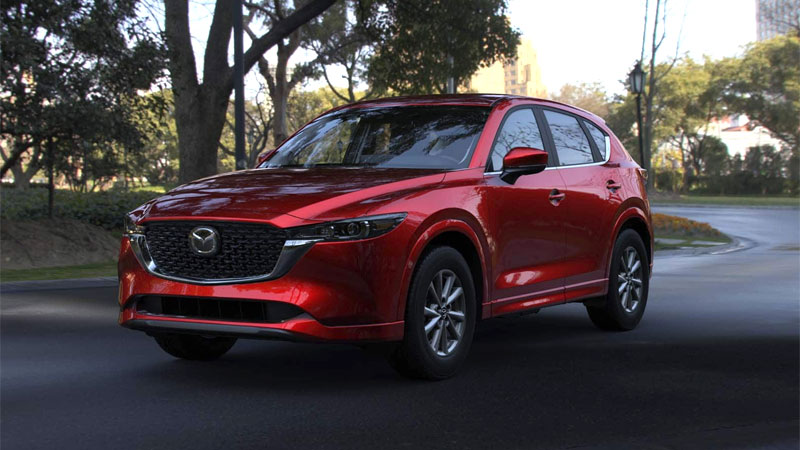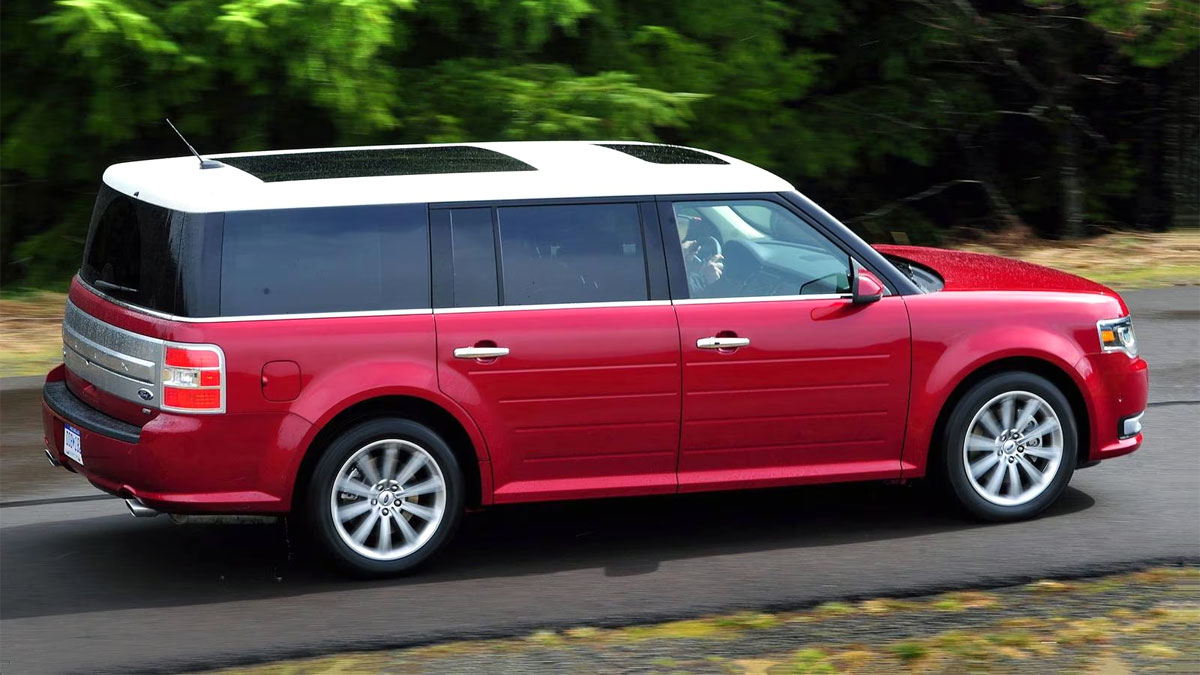History of the Chevrolet SSR: The Retro-Styled Convertible Pickup
The Chevrolet SSR, a retro-styled pickup truck with a unique convertible hardtop design, first hit the streets in 2003. Its bold design quickly captured the attention of automotive enthusiasts and critics alike. The SSR’s distinctive appearance drew inspiration from the classic Chevrolet pickup trucks of the 1940s and 1950s, while … Read more

